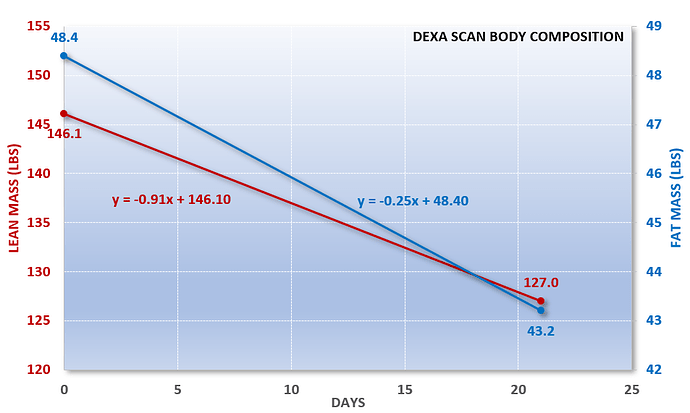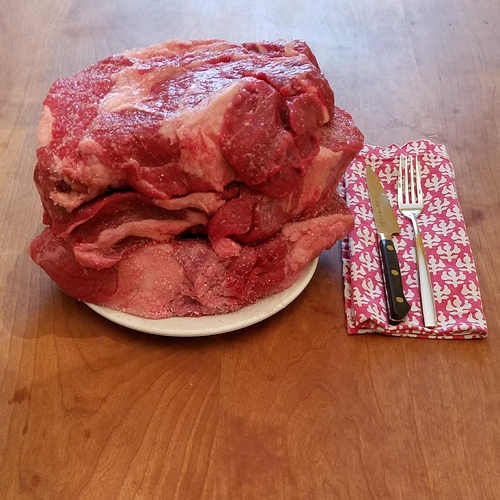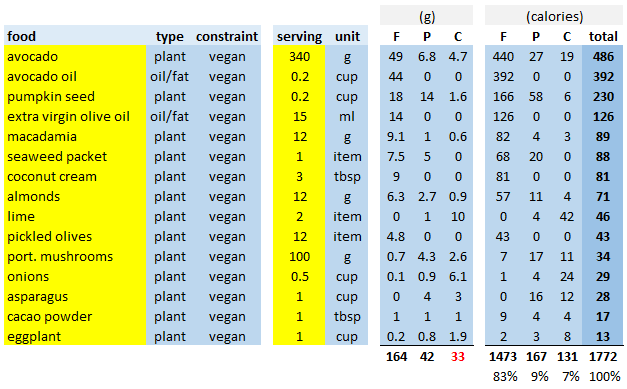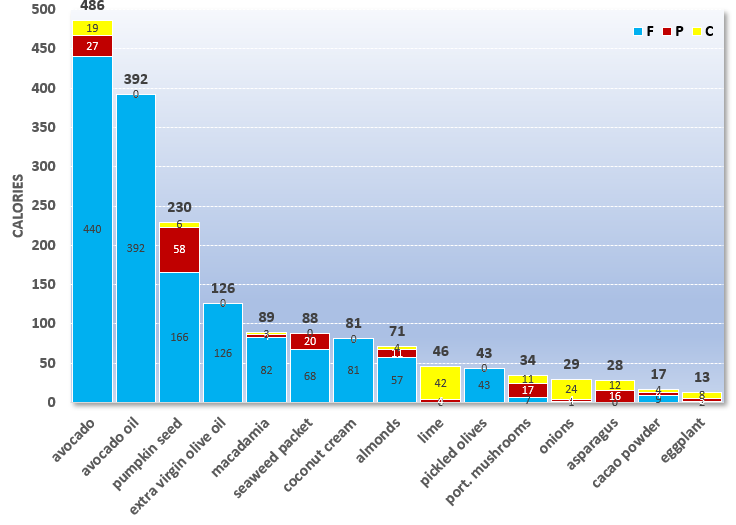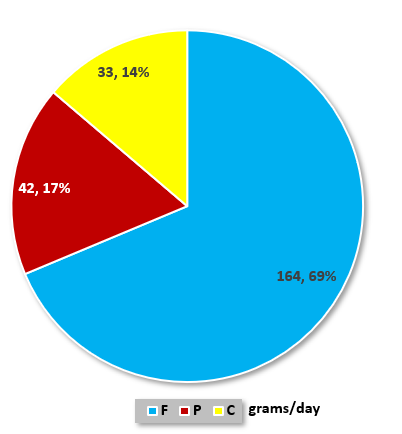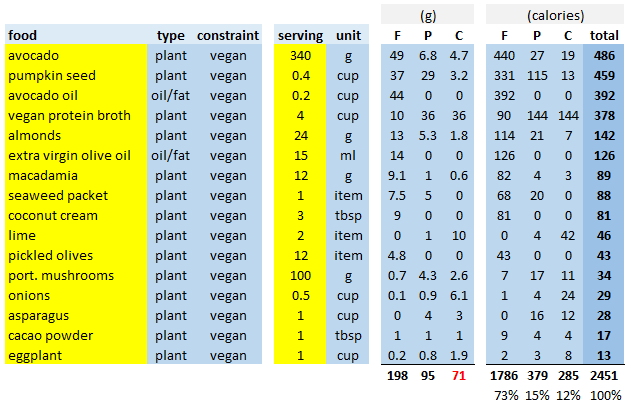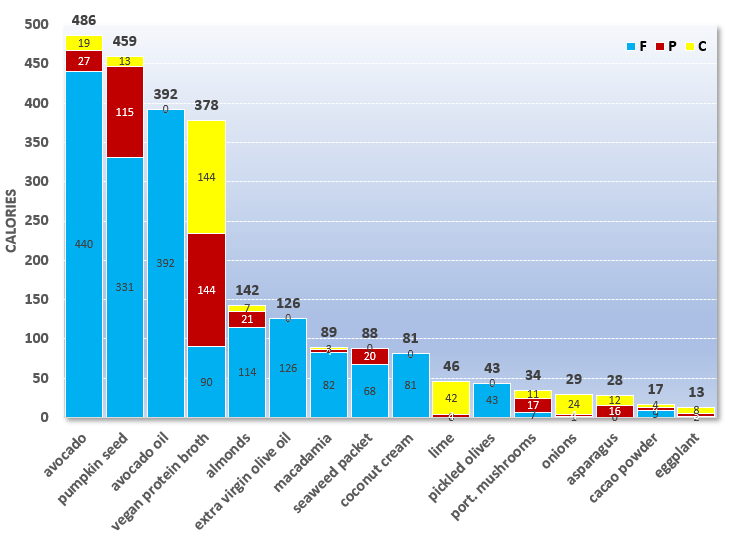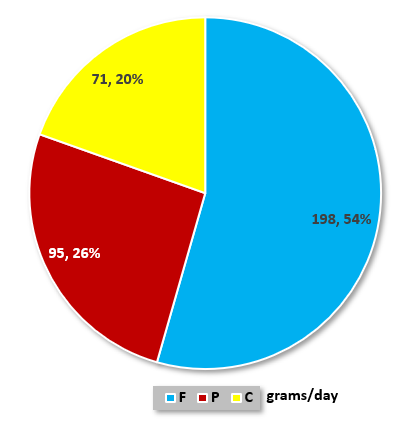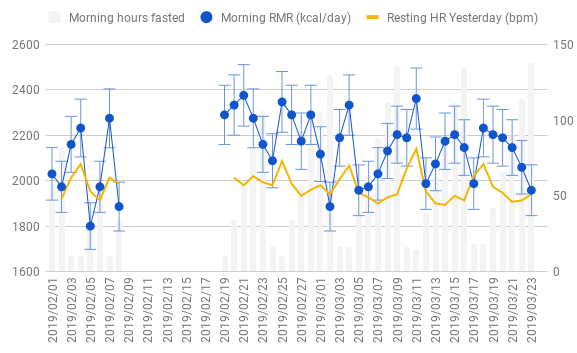ok… sources of the 9 essential amino acids:
Sources of Leucine: cheese, soybeans, beef, pork, chicken, pumpkin, seeds, nuts, peas, tuna, seafood, beans, whey protein, plant proteins, etc.
Sources of Lysine: eggs, meat, poultry, beans, peas, cheese, chia seeds, spirulina, parsley, avocados, almonds, cashews, whey protein.
Sources of Methionine: meat, fish, cheese, dairy, beans, seeds, chia seeds, brazil nuts, oats, wheat, figs, whole grain rice, beans, legumes, onions, and cacao.
Sources of Phenylalanine: milk and dairy, meat, fish, chicken, eggs, spirulina, seaweed, pumpkin, beans, rice, avocado, almonds, peanuts, quinoa, figs, raisins, leafy greens, most berries, olives, and seeds.
Sources of threonine: lean meat, cheese, nuts, seeds, lentils, watercress and spirulina, pumpkin, leafy greens, hemp seeds, chia seeds, soybeans, almonds, avocados, figs, raisins, and quinoa.
Sources of tryptophan: chocolate, milk, cheese, turkey, red meat, yogurt, eggs, fish, poultry, chickpeas, almonds, sunflower seed, pepitas, spirulina, bananas, and peanuts.
Sources of valine include: cheese, red meat, chicken, pork, nuts, beans, spinach, legumes, broccoli, seeds, chia seeds, whole grains, figs, avocado, apples, blueberries, cranberries, oranges, and apricots.
Sources of Histidine: red meat, cheese, white meat and poultry, seafood, soybeans, beans, legumes, chia seeds, buckwheat, potatoes.
So here’s my takeaway list of keto vegan options (bolded above too):
pumpkin seeds
macadamia
seaweed
chia seeds
avocados
almonds
brazil nuts
cacao
onions - not really keto, but ok
olives
chickpeas (hummus)
sunflower seeds
broccoli sprouts
sesame (tahini)
or I can just have a rib-eye, eggs and bacon and be done with it… (in May) 




